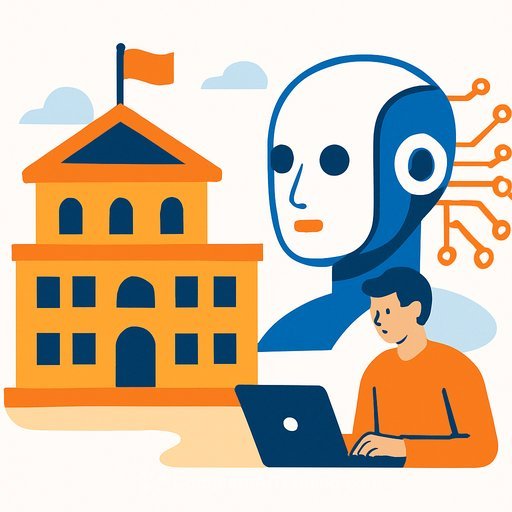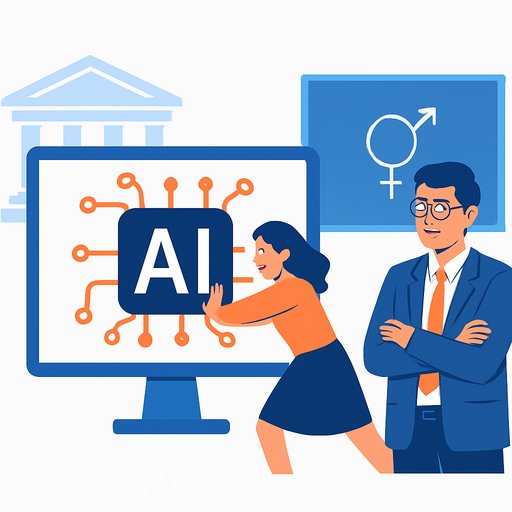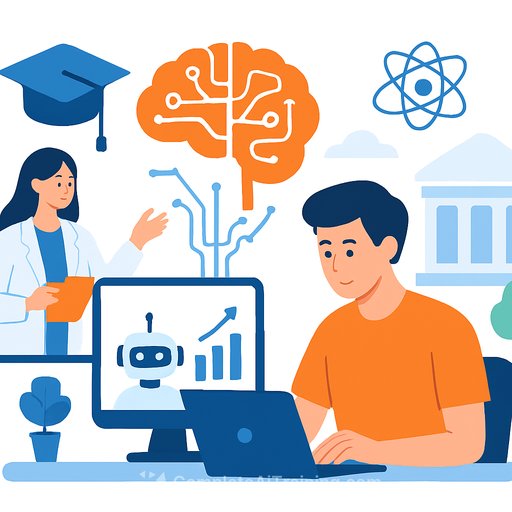University of Phoenix Selected for AAC&U Institute on AI, Pedagogy, and the Curriculum
University of Phoenix is among 175 institutions chosen by the Association of American Colleges and Universities to join its 2025-26 Institute on AI, Pedagogy, and the Curriculum. The eight-month, online program supports colleges and universities in integrating artificial intelligence across teaching, learning, and institutional practice with an emphasis on ethics and practical application.
For educators, this signals momentum: coordinated faculty development, clear policy frameworks, and curriculum-level AI literacy grounded in evidence and equity.
Why this matters for educators
- Build institution-wide AI literacy that aligns with learning outcomes, accreditation expectations, and academic integrity.
- Develop assessment approaches that differentiate student learning from AI assistance and teach responsible use.
- Support faculty with training, exemplars, and classroom-ready resources rather than one-off tools.
- Connect AI use to student employability and ethical practice across disciplines.
What University of Phoenix is bringing
- An academic use policy for students that clarifies responsible AI use in coursework.
- A generative AI introductory course to establish shared vocabulary and baseline skills.
- Published work on a proposed AI assessment framework to guide fair and transparent evaluation.
- A scholarly AI research group in the College of Doctoral Studies to advance evidence-based practice.
- A pilot focused on AI-supported strategy skills analysis and talent mobility in business settings.
"As a university built for busy, working learners, we are committed to preparing students for a changing workforce," said John Woods, Ph.D., provost and chief academic officer. "Our participation in the Institute reflects our focus on innovation in teaching and learning and ensures that faculty and students can engage with new technologies responsibly and effectively."
"We are working to design a thoughtful and equitable approach to AI literacy," added Susan Hadley, Ph.D., associate dean, College of General Studies. "Grounded in established frameworks and educational theory, this effort will create a scalable model that integrates AI into general education and program pathways."
Inside the AAC&U Institute
The Institute convenes cross-functional teams to tackle AI literacy, assessment, and curricular integration. Participants collaborate with national experts to produce actionable plans that institutions can implement, iterate, and scale.
Learn more about AAC&U's work in teaching and learning at aacu.org.
How to act on this at your institution
- Audit your syllabi, policies, and student guidelines for clarity on acceptable AI use.
- Stand up short, repeatable faculty workshops focused on assignment design, feedback workflows, and academic integrity.
- Pilot AI in advising, tutoring, and operations with clear metrics and regular review.
- Map AI competencies to program outcomes and employer expectations by discipline.
- Center equity: ensure access, support multilingual learners, and teach critical evaluation of model outputs.
Resources
- University of Phoenix programs and student support: phoenix.edu
- Curated AI upskilling for faculty and staff by role: AI courses by job
Your membership also unlocks:






